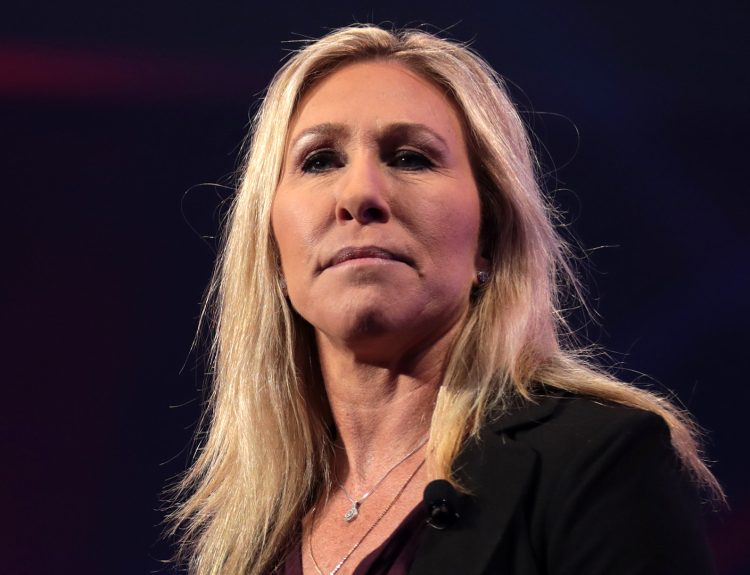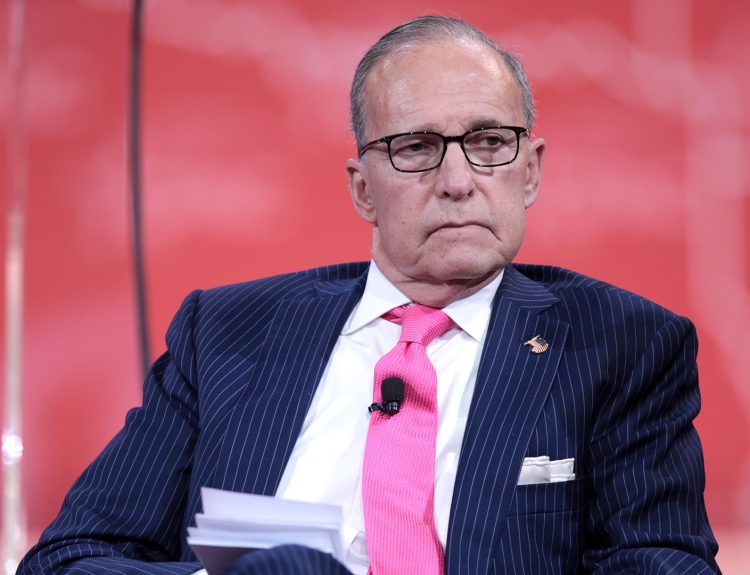A recent move to raise the minimum wage for gig workers in Seattle to $20 has stirred up a storm of controversy as delivery orders plummet and restaurants face dwindling sales.
Despite intentions to protect delivery drivers, the abrupt wage hike has left the city council scrambling to mitigate its unintended consequences, highlighting the challenges of balancing fair pay with economic sustainability.
Seattle City Council Passes Contentious $20 Minimum Wage Law for Gig Workers
The Seattle City Council recently approved a controversial measure mandating a $20 minimum wage for gig workers, such as delivery drivers.
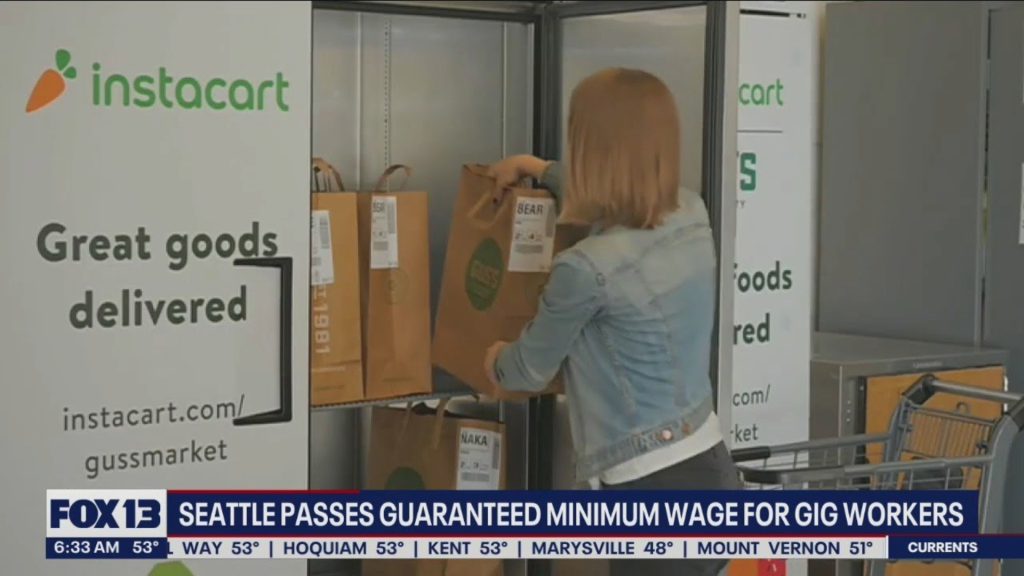
This new law entails gig workers receiving $19.97 per hour, Seattle’s existing minimum wage, along with an additional $0.35 per mile.
Seattle’s Delivery Drivers Guaranteed $19.97 Minimum Wage, But Face Declining Orders Due to Extra Charges
Delivery drivers in Seattle are now assured a minimum wage of $19.97 per hour, aimed at covering expenses such as fuel and vehicle upkeep.
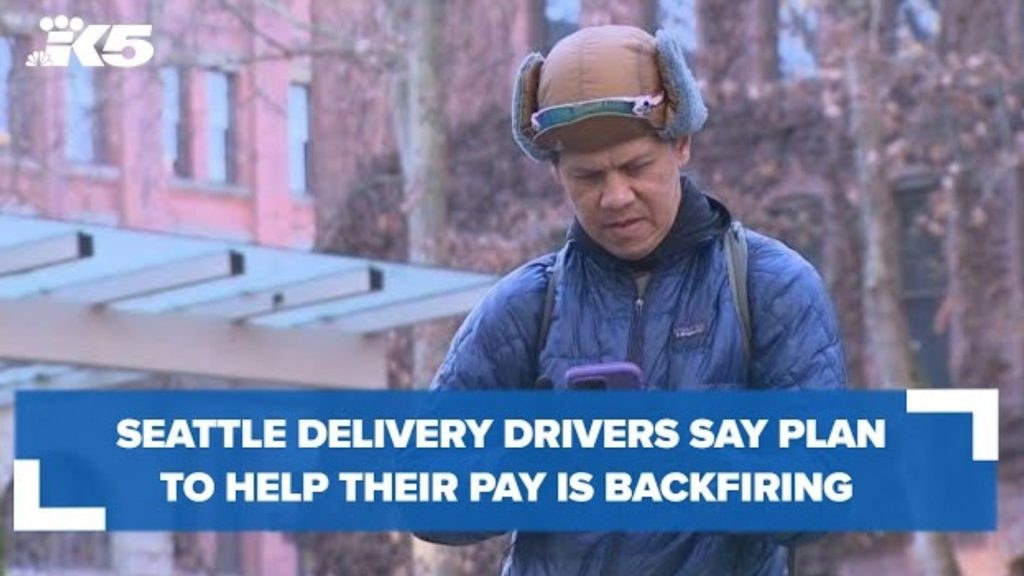
Yet, the implementation of extra charges for customers has resulted in a significant decline in delivery orders, adversely affecting the overall earnings of drivers.
Seattle Delivery Drivers Rally Behind New Wage Law for Promising Reliable Income
Delivery drivers, like David, express strong backing for the new wage law, citing its provision of reliable base pay as a game-changer in their livelihoods.
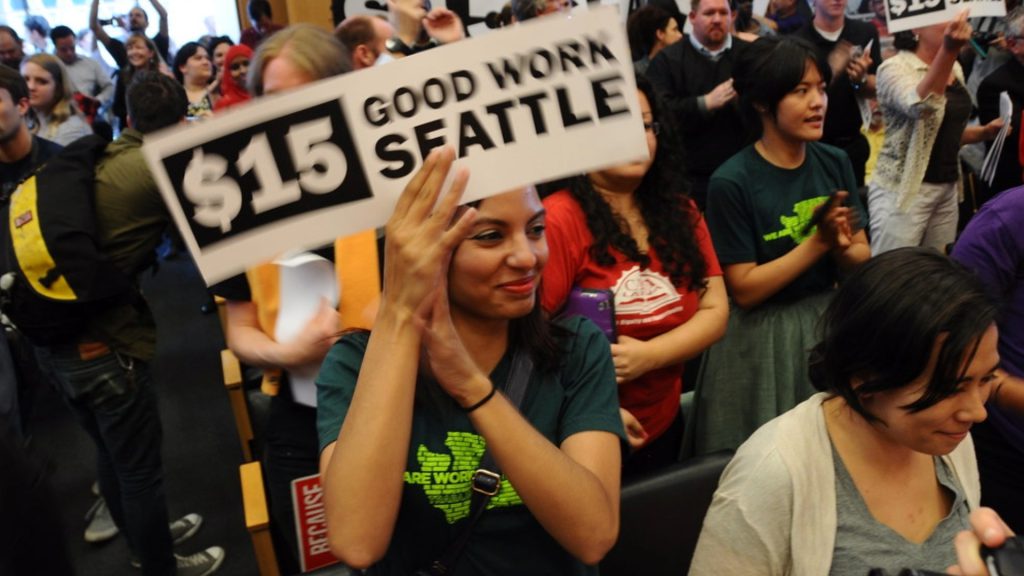
David, a Dasher with over two years of experience, emphasizes, “This law means I can earn a living doing this work instead of making below minimum wage,” highlighting the transformative impact on his financial stability and quality of life.
Seattle Delivery Drivers Face Income Squeeze as Orders Drop Amid Wage Law Support
The substantial decline in orders has directly impacted drivers’ earnings, with DoorDash reporting a 30% decrease in delivery volume, equating to over 300,000 lost orders.
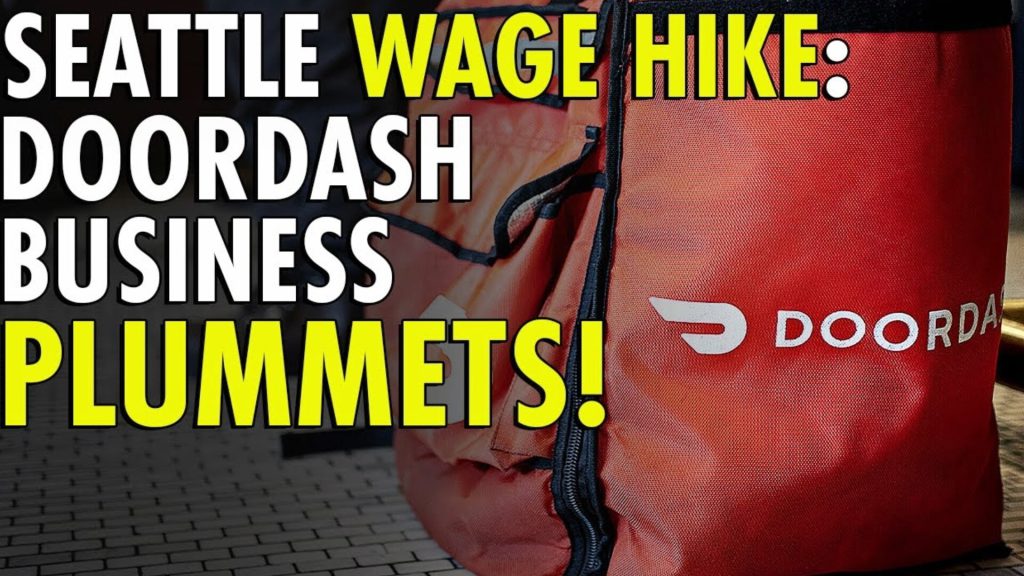
This sharp drop in demand poses a significant financial challenge for delivery drivers, despite their support for the new wage law.
Seattle Restaurants Grapple with Shrinking Online Orders, Forced to Adapt to New Economic Realities
Some restaurants have reported significant decreases in delivery and takeout revenue, ranging from 20% to 50%.
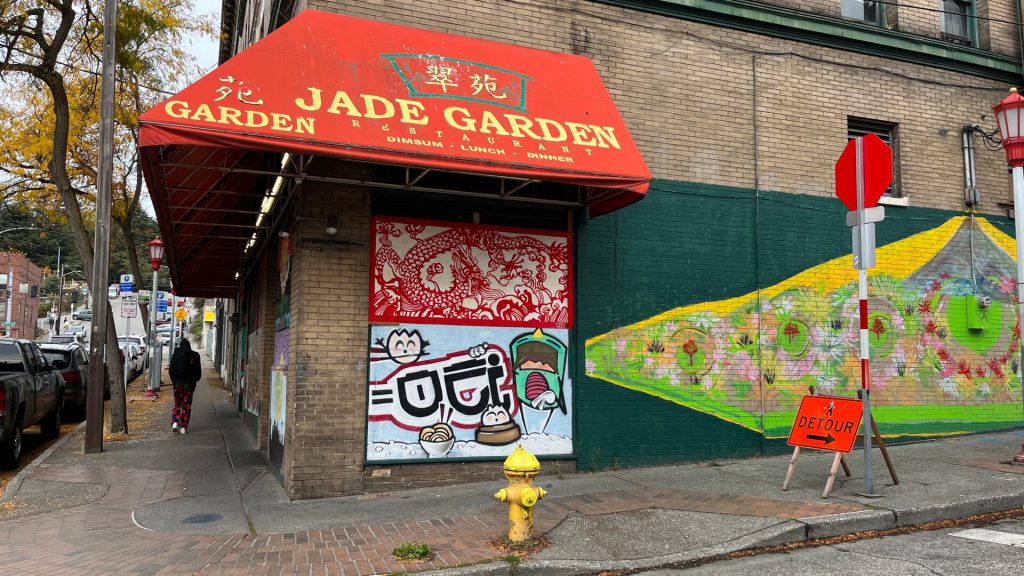
John Chen, owner of Jade Garden Restaurant, lamented, ‘Our delivery and takeout used to make up about 30% of sales. Now it’s only 15%. We’ve had to cut employee hours and raise menu prices to try and make up for it.
Debate Rages Over Fair Compensation for Delivery Drivers
Proponents emphasize the importance of fair compensation for delivery drivers, highlighting the law’s role in addressing income inequality.
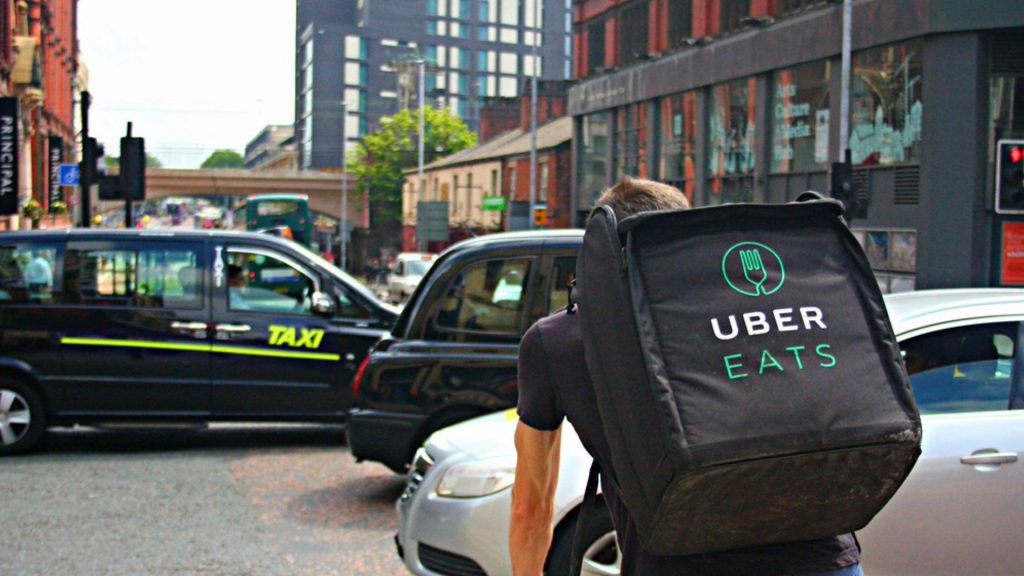
However, critics raise concerns over the unintended consequences, pointing out how increased costs may deter customers and undermine the viability of delivery services as a reliable source of income for workers.
Seattle City Council Evaluates Amendments for Equitable Solutions in Ride-Hailing Industry
In response to growing pressure from both driver advocacy groups and concerned consumers, the Seattle City Council has initiated a series of discussions on potential amendments to existing regulations governing the ride-hailing industry.
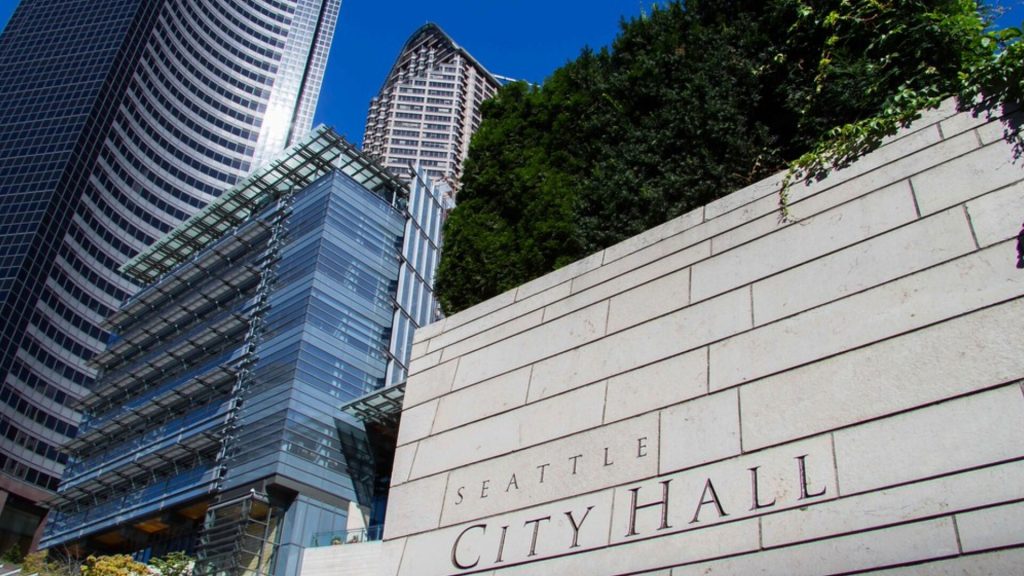
These proposed changes seek to address issues such as driver compensation, service affordability, and overall service quality. Stakeholders from various sectors, including labor unions, ride-hailing companies, and community organizations, are actively participating in these deliberations, reflecting the diverse interests at stake in this critical debate.
Drop in Delivery Orders Undercuts Wage Boost for Gig Drivers, Shrinking Earnings Despite PayUp Bill
The PayUp bill intended to boost gig workers’ incomes, but the decrease in delivery orders has slashed drivers’ earnings.
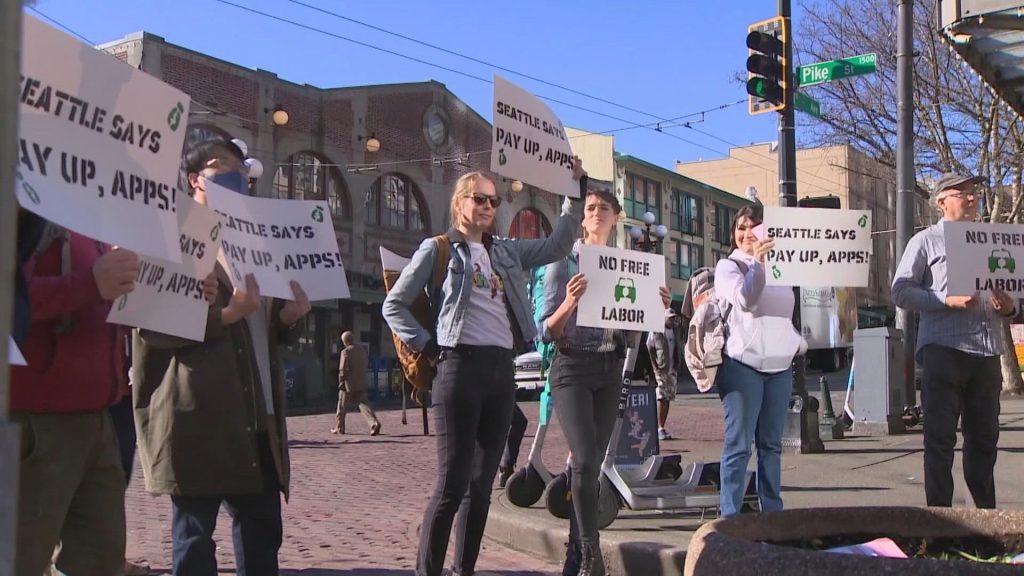
With a decline in requests, drivers face reduced tipping opportunities, resulting in lower overall income despite the wage hike.
City Council Nears Decision on PayUp Bill Amendments Amid Calls for Compromise
While some advocate against reducing the wage, others seek a compromise to bolster businesses’ and drivers’ income.

The city council is expected to consider amendments to the PayUp bill by May 21, potentially paving the way for a resolution.
Striving for Fairness and Sustainability to Benefit Restaurants, Drivers, and Customers
The city aims to address the situation for restaurants, drivers, and customers by revising the law to achieve a balance between fair pay and sustainability.

This effort seeks to ensure that all stakeholders benefit from the changes, fostering a more equitable and stable gig economy.
Delivery Dilemma as DoorDash and Uber Eats Experience Order Declines Amidst Seattle’s Minimum Wage Law Implementation
Since the implementation of Seattle’s new minimum wage law, delivery giants DoorDash and Uber Eats have witnessed significant declines in order volumes, according to reports from Deepwater Asset Management.

This downturn highlights the potential economic repercussions of labor legislation on the gig economy and raises questions about its long-term sustainability amidst changing regulatory landscapes.
DoorDash Discloses 300,000 Drop in Seattle Orders Amidst Wage Law Implementation as Customers Brace for Fee Surge
DoorDash, the renowned food delivery service, has officially disclosed a staggering drop of 300,000 delivery orders in Seattle over the past three months.

This decline has been directly attributed to the implementation of the wage law, which has compelled the company to adjust its operations. Consequently, customers in the Seattle area are now facing escalated fees as DoorDash grapples with the financial repercussions of this regulatory change.
Working Washington Stands Firm in Support of Gig Economy Drivers Under PayUp Bill
Despite the decline in delivery orders within Seattle, workers’ rights groups, including Working Washington, persist in their support for gig economy drivers
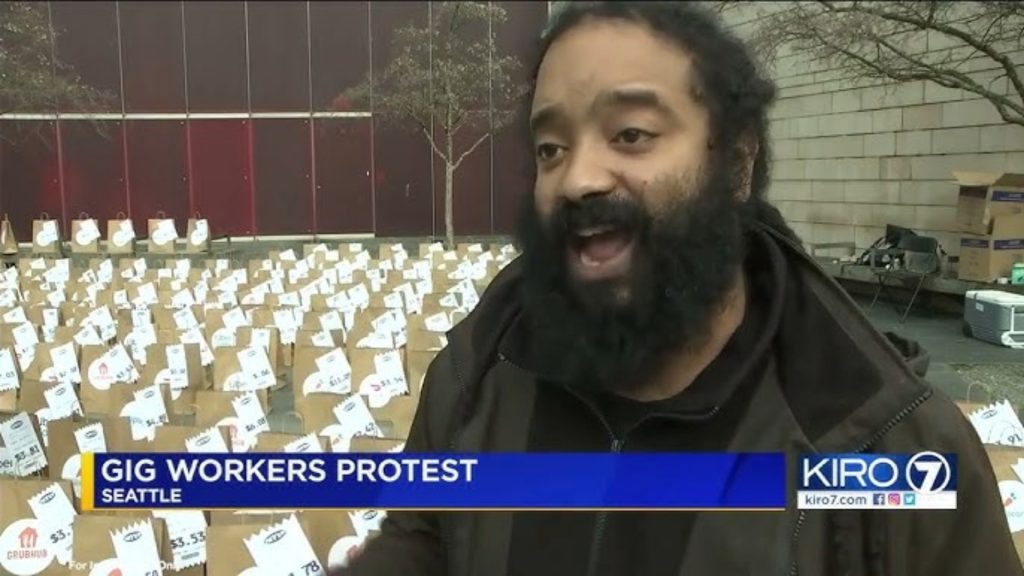
They contend that the PayUp bill safeguards drivers by addressing expenses such as gas and vehicle maintenance.
Seattle Council’s Balancing Act of Weighing Minimum Wage Laws Amidst New Proposal’s Implications
The Seattle City Council finds itself at a critical juncture, grappling with the complexities of its existing minimum wage legislation while considering the implications of a new proposal.

With significant ramifications for both workers and businesses, the council’s deliberations require thorough analysis and careful consideration of the potential impacts on the local economy and workforce.
Seattle Council Weighs PayUp Bill Amendments Plus Balancing Gig Workers’ Wages and Local Businesses’ Concerns
The Seattle City Council is currently deliberating on potential amendments to the PayUp bill, aiming to strike a balance that preserves gig workers’ wages while also safeguarding local businesses.

They seek a compromise that addresses the concerns of both stakeholders in the ongoing debate. As the council evaluates feedback and data from the initial rollout, they are exploring adjustments to the bill ahead of a final vote, potentially scheduled for May 21.
Expert Suggests Adjusting Gig Worker Minimum Wage Amidst Real-World Impacts
Finance expert Michael Ryan emphasizes the importance of protecting gig workers but acknowledges the significant challenges experienced by all parties involved

One potential solution under consideration is lowering the minimum wage for gig workers from $26 per hour to Seattle’s standard minimum wage of $19.97 while maintaining the minimum mileage rate of $0.35 per mile.
City Council Dilemma of Navigating Perspectives on Gig Worker Wages and Local Economy in PayUp Bill Decision
With numerous perspectives to consider, the city council faces a challenging decision as they aim to uphold living wages for gig workers while also promoting a prosperous local economy.
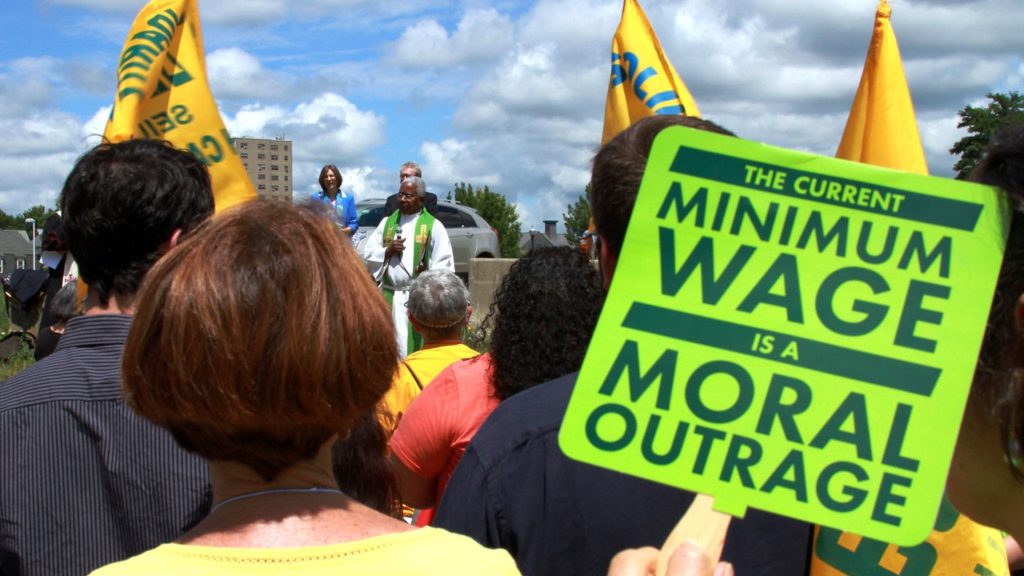
The outcome of the final vote may determine whether revising the PayUp bill can strike the appropriate balance or if further amendments are necessary to appease all stakeholders.
Seattle Council Faces Complex Balancing Act Between Worker Rights and Restaurant Survival Amid Economic Turbulence
On one hand, workers urgently demand protection and fair compensation to sustain their livelihoods amidst economic uncertainty, while on the other hand, restaurants grapple with plummeting sales, threatening their viability and the livelihoods of countless employees.
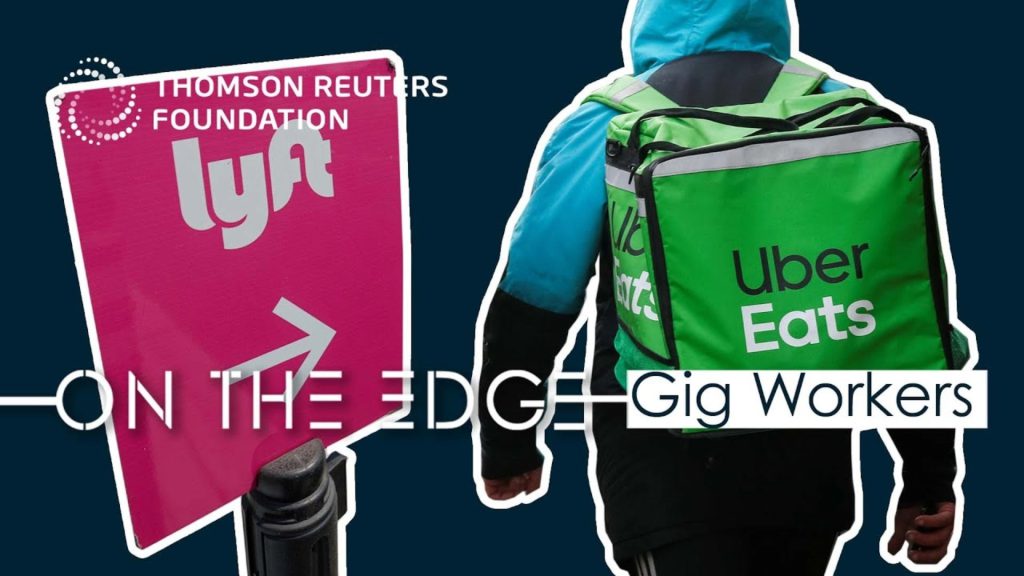
This dilemma presents the Seattle City Council with a multifaceted challenge, requiring delicate navigation to strike a balance that safeguards both worker rights and business sustainability in the face of unprecedented challenges.
Revisiting Policy as Delivery Demand Declines Amidst Unforeseen Consequences
As the council aimed to enact positive change with its initial bill, it may have overlooked the extent to which increased fees could suppress delivery demand.
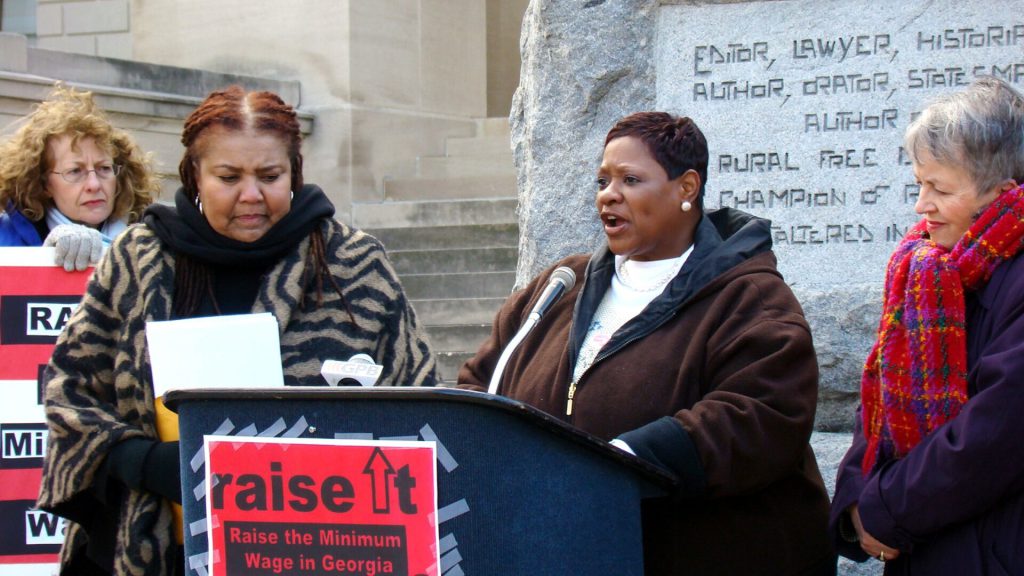
Now facing the consequences, the council must carefully reconsider its approach to strike a balance that benefits both consumers and delivery platforms.
Leaders Seek Middle Ground to Address Far-Reaching Policy Implications
As leaders endeavor to strike a delicate balance, they recognize that finding a reasonable middle ground may hold the key to resolving this intricate issue with wide-ranging implications.
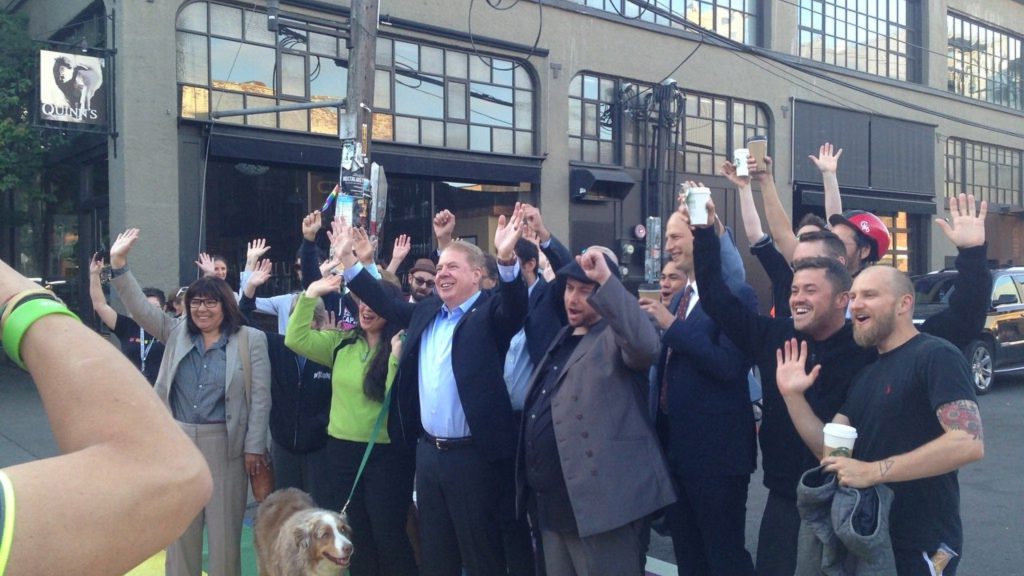
Given the significant impact at stake, the council must exercise thorough deliberation and foresight in their decision-making process to navigate this multifaceted challenge effectively.





